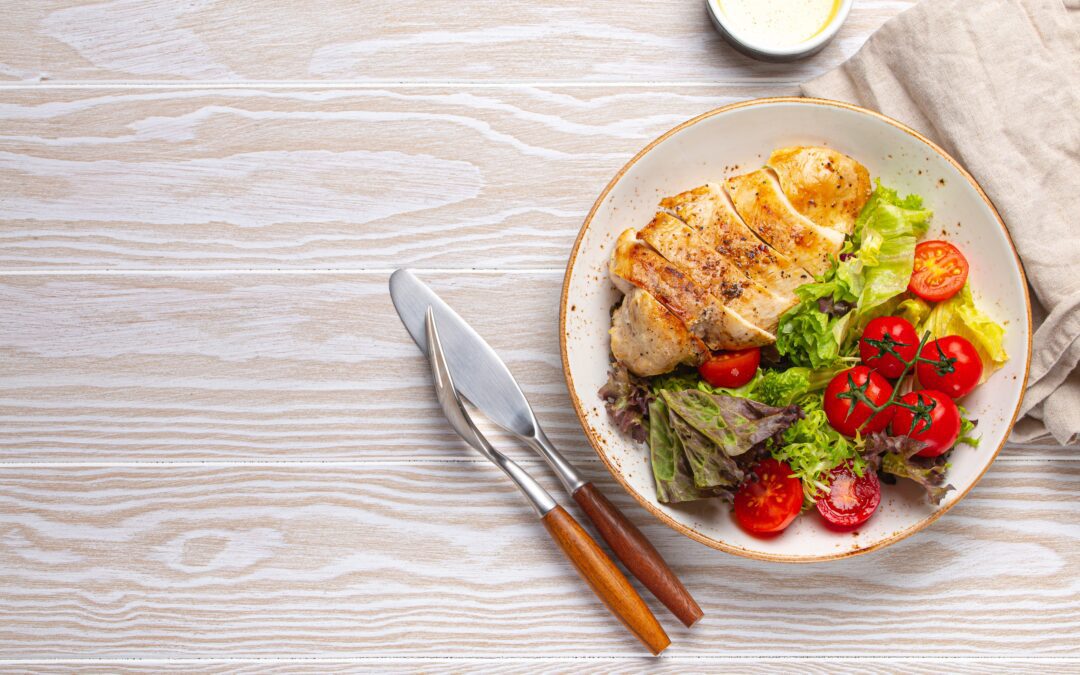When it comes to productivity, the food we eat plays a crucial role. Our bodies need fuel to function properly, and the right kind of food can provide us with the energy we need to power through the day. But with so much conflicting information out there, it can be hard to know which foods are the best for boosting productivity. In this article, we’ll explore some of the top foods to eat for energy and productivity, along with tips on how to incorporate them into your diet.
Table of Contents
Whole Grains
Start your day on the right foot by including whole grains in your breakfast to help boost productivity in your day. Whole grains are low GI and high in fibre, helping to regulate blood sugar levels, providing a steady source of energy and preventing energy crashes throughout the day. Add rolled oats, whole wheat bread, brown rice and quinoa to your meals to boost your intake of whole grains. You can also try incorporating whole grain snacks into your day, such as whole grain crackers or muesli bars.
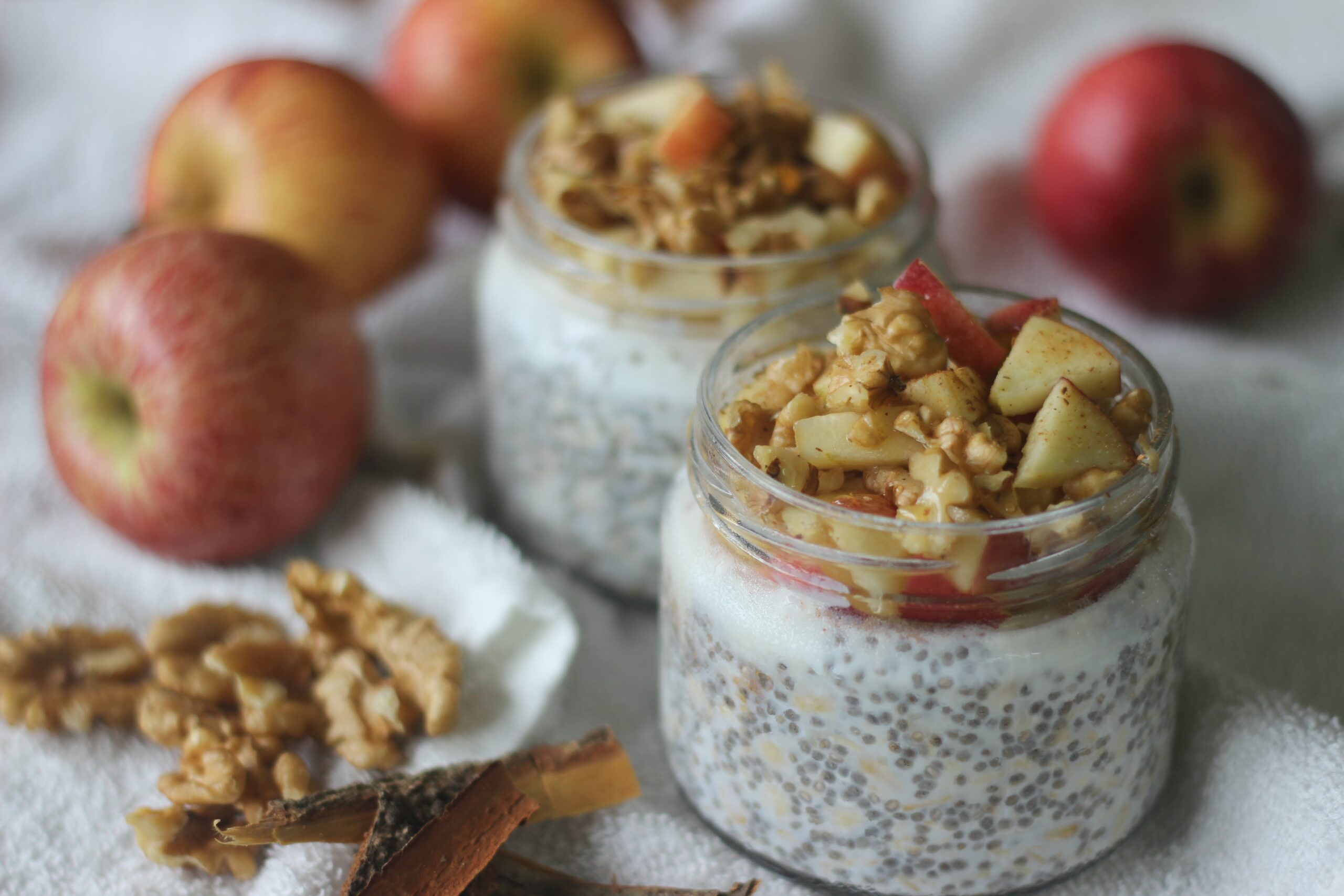
Lean Proteins
Protein, the most satiating of all macronutrients. It is essential for building and repairing muscle tissue, helps you stay alert and focused throughout the day. Aim to include lean protein sources such as chicken, turkey, fish, and tofu in your meals along with protein rich snacks such as hard-boiled eggs or Greek yogurt to keep your performing at your best.
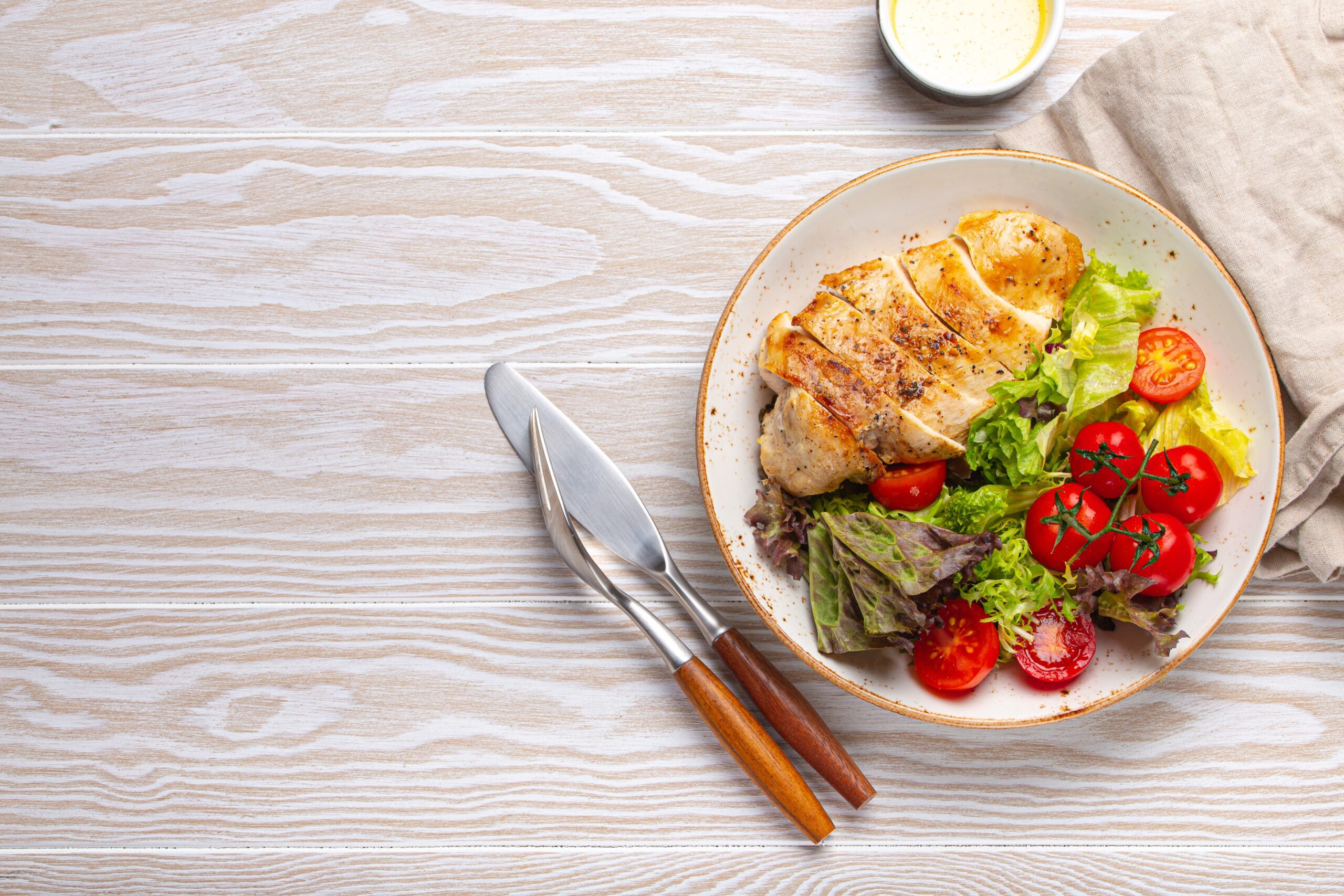
Fruit and Vegetables
Fruits and vegetables are packed with vitamins, minerals, and antioxidants that can help keep your body functioning at its best. Different coloured fruits and vegetables offer a variety of different vitamins and minerals which is why it is important to eat a wide variety to get the most nutritional benefit. Including nutrient-dense fruits and vegetables including berries, leafy greens, sweet potatoes, and bell peppers to your favourite meal or snack is a great way to boost your intake of vitamins and minerals.
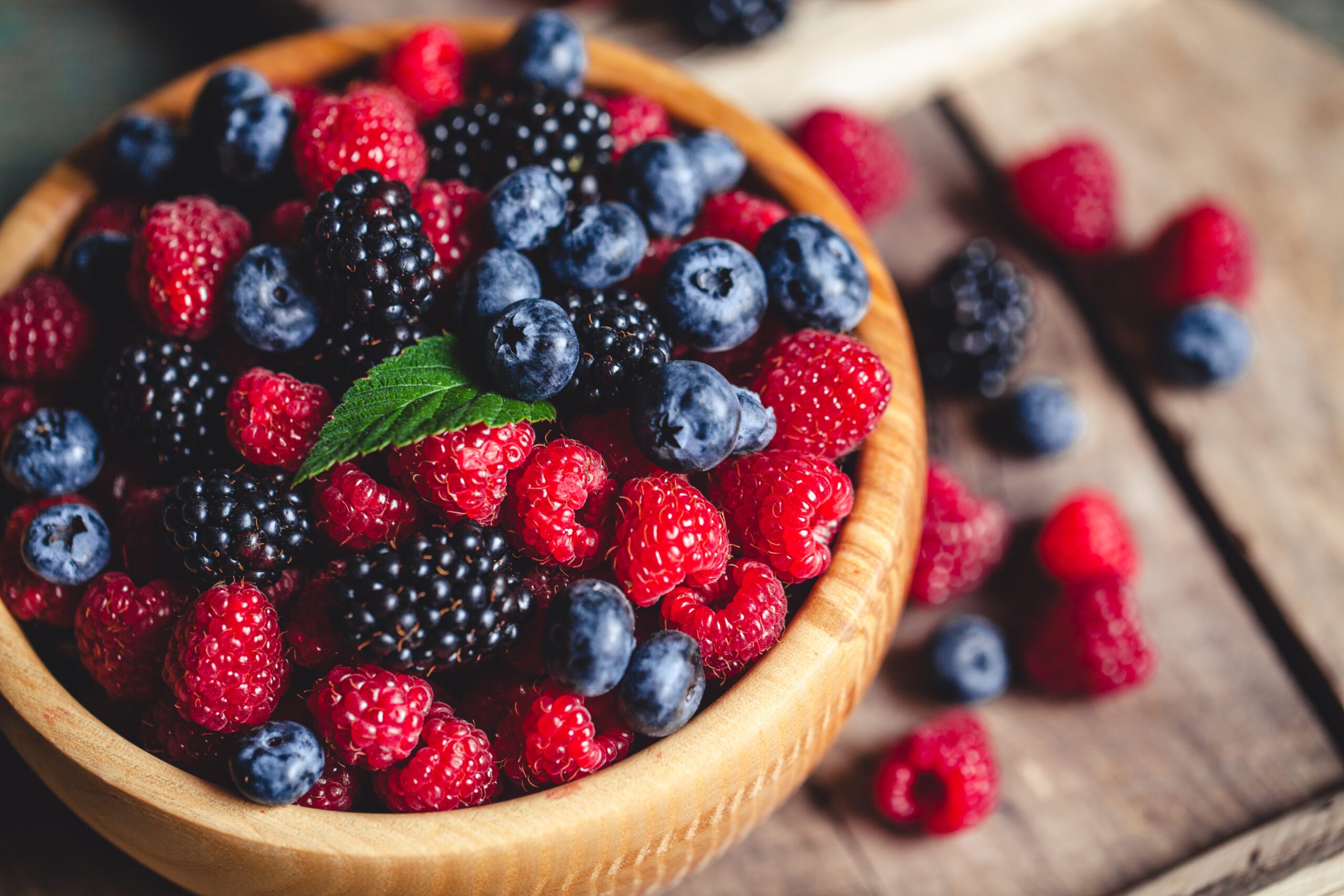
Nuts and Seeds
Nuts and seeds are a great source of healthy fats, protein, and fiber, making them a perfect snack. Including a healthy dose of nuts and seeds in your diet has been shown to help regulate weight and provide protection against chronic diseases like heart disease and diabetes. Try adding almonds, walnuts, pumpkin seeds, or chia seeds to your morning oats or lunchtime salads for an added boost or simply enjoy as a snack on their own.
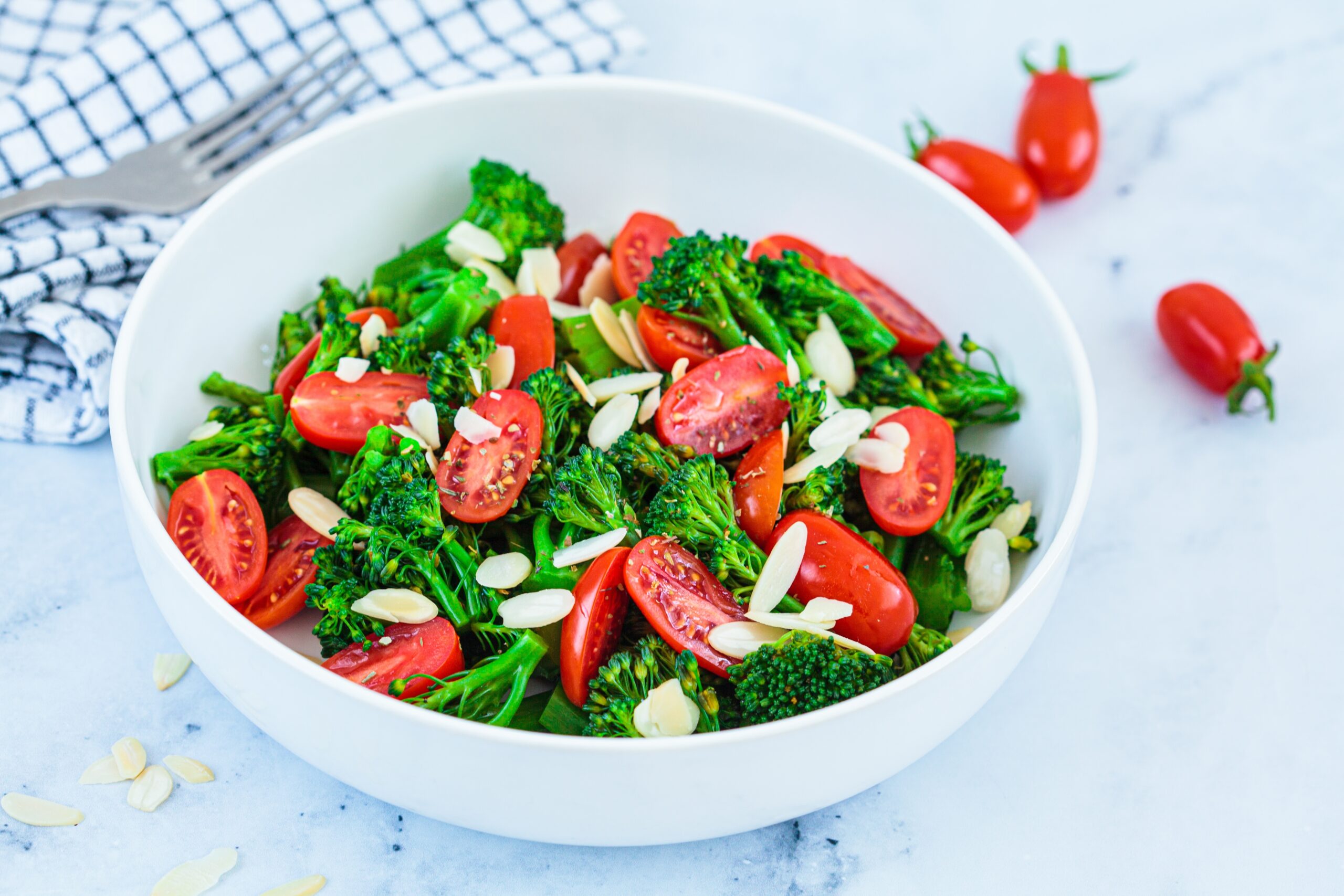
Water
Staying hydrated is essential for maintaining energy levels and keeping your body functioning properly. Dehydration has been shown to affect both mood and productivity. Australian Health guidelines recommend a minimum intake of 2.1 litres of water for women and 2.6 litres for men per day. To increase your water intake, try adding fresh mint, cucumber, lemon or lime to your water for a fresh flavour boost.
Whilst incorporating these foods into your diet is a great way to increase energy and productivity, it’s important to remember that no single food or nutrient can provide all the energy your body needs. A well-balanced diet that includes a variety of nutrient-dense foods is the key to maintaining energy levels and boosting productivity.
Here are some tips to help you incorporate these foods into your diet:
- Start your day with a breakfast that includes whole grains, lean proteins, and fruits or vegetables.
- Plan ahead, pack healthy snacks such as nuts and seeds, fruits, or cut-up vegetables to take with you when you’re on the go.
- Incorporate a variety of colorful fruits and vegetables into your meals and snacks.
- Choose lean protein sources such as chicken, turkey, fish, and tofu for your main meals.
- Drink at least 2 litres of water per day, or more if you’re exercising or in a hot environment.
Eating for energy and productivity doesn’t have to be complicated. By incorporating whole grains, lean proteins, fruits and vegetables, nuts and seeds, and water into your diet, you can provide your body with all it needs to be productive each day.
